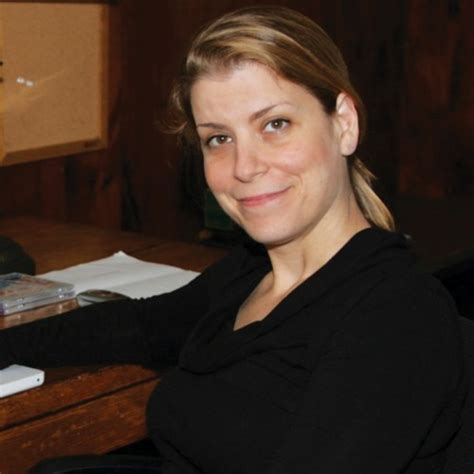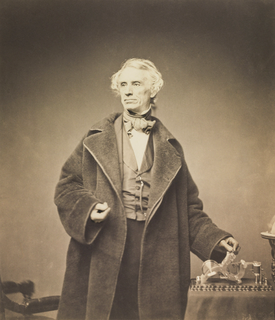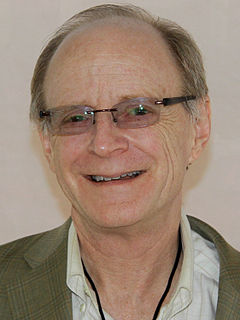A Quote by David Foster Wallace
Pleasure becomes a value, a teleological end in itself. It's probably more Western than U.S. per se.
Related Quotes
Innocent pleasures in moderation can provide relaxation for the body and mind and can foster family and other relationships. But pleasure, per se, offers no deep, lasting satisfaction or sense of fulfillment. The pleasure-centered person, too soon bored with each succeeding level of "fun," constantly cries for more and more. So the next new pleasure has to be bigger and better, more exciting, with a bigger "high." A person in this state becomes almost entirely narcissistic, interpreting all of life in terms of the pleasure it provides to the self here and now.
We proclaim human intelligence to be morally valuable per se because we are human. If we were birds, we would proclaim the ability to fly as morally valuable per se. If we were fish, we would proclaim the ability to live underwater as morally valuable per se. But apart from our obviously self-interested proclamations, there is nothing morally valuable per se about human intelligence.
Hannah Arendt in her study of totalitarianism borrowed from Immanuel Kant the concept of radical evil, of evil that's so evil that in the end it destroys itself, it's so committed to evil and it's so committed to hatred and cruelty that it becomes suicidal. My definition of it is the surplus value that's generated by totalitarianism. It means you do more violence, more cruelty than you absolutely have to to stay in power.
We are compelled to work more hours per day, receive less pay per hour, pay more for what we buy, and recieve less for what we sell. The consequence is that we must work harder and more hours per day than we should, and in the end have less than what is due to us as our part of the advantages, conveniences and opportunities resulting from advancing civilization.




































